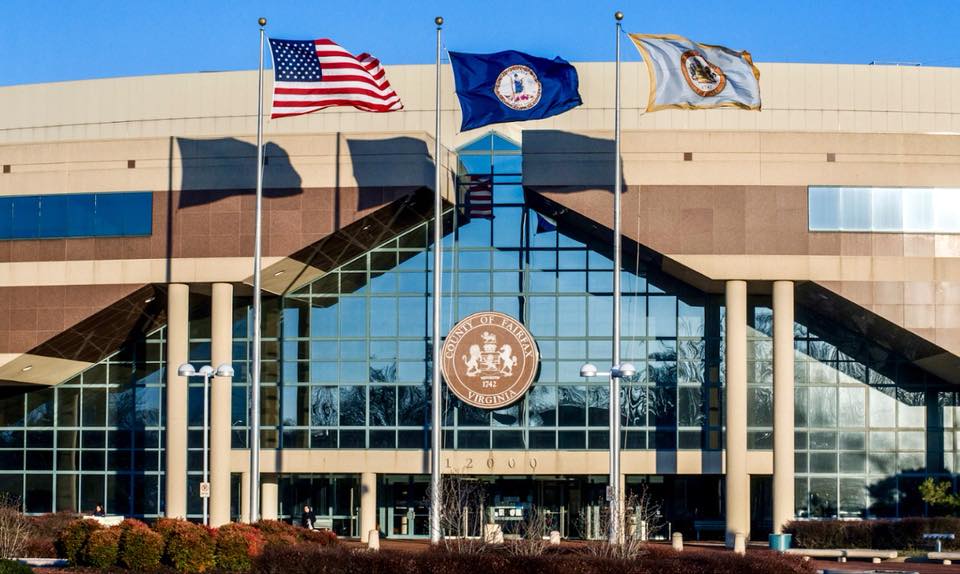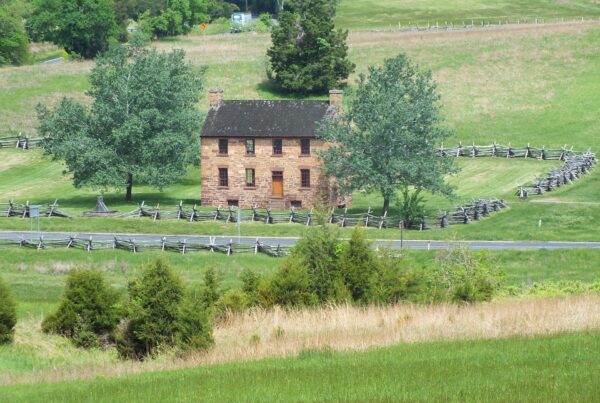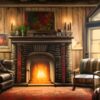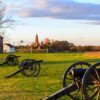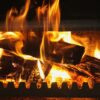Preventing Chimney Fires: A Comprehensive Guide for Fairfax VA Residents
As a resident of Fairfax VA, you may be one of the many homeowners who enjoys the cozy warmth of a fireplace during the colder months. However, you should also be aware of the potential fire hazards that lurk within your chimney. With winter comes an increased risk of chimney fires, primarily caused by neglected maintenance and improper use. The good news is that by following some necessary steps and seeking assistance from reputable service providers, like A&T Chimney Sweeps, you can significantly reduce this risk.
Understanding Chimney Fires
Chimney fires occur when creosote, a highly flammable byproduct of wood combustion, builds up in the chimney and catches fire. These fires can be explosive and loud, characterized by cracking and popping noises, dense smoke, and an intense, hot smell. However, they can also burn slow and unnoticed, causing extensive damage over time.
Preventing Chimney Fires
Prevention is always better than cure, and this adage couldn’t be more accurate when it comes to chimney fires. Here are some steps to help you prevent chimney fires in your Fairfax VA home:
Regular Inspection and Cleaning
The National Fire Protection Association (NFPA) recommends that chimneys, fireplaces, and vents should be inspected at least once a year. This inspection can help identify potential structural issues, blockages, creosote build-up, or other problems that could lead to a chimney fire.
Professional chimney sweep companies, such as A&T Chimney Sweeps, offer comprehensive fireplace, furnace, dryer vent, gutter cleaning, and repair services in Fairfax VA. They have the expertise and tools to thoroughly clean and inspect your chimney, ensuring it’s safe to use.
Use Seasoned Wood
Using seasoned (dry) wood can significantly reduce the amount of creosote produced. Seasoned wood has been left to dry for at least six months, reducing its moisture content and making it burn hotter and cleaner. Avoid using green (wet) or resinous wood, as they produce more smoke and creosote.
Install a Chimney Cap
A chimney cap prevents foreign objects like leaves, twigs, and small animals from entering and blocking your chimney. It also keeps rainwater out, which can mix with the creosote and create an acidic compound that erodes your chimney over time.
Clear the Area around Your Fireplace
Keep your fireplace area clean and free from flammable materials such as furniture, curtains, and rugs. Sparks can fly out and ignite these items, leading to house fires.
Monitor Your Fire
Never leave your fire unattended. Always make sure your fire is completely out before going to bed or leaving the house.
Proper Ash Disposal
Always let the ashes cool before disposal and place them in a metal container with a tight-fitting lid. Keep the container outside, away from any combustible materials.
Education and Awareness
Educate your family about fire safety. Ensure they know the signs of a chimney fire and what to do in case of one.
FAQs
Q: How often should I have my chimney cleaned?
A: The NFPA recommends an annual inspection, cleaning, and repair, if necessary, of your chimney by a professional chimney sweep.
Q: Can I clean my chimney myself?
A: While some basic maintenance tasks can be done by homeowners, a professional chimney sweep is trained to identify and address potential issues that may not be visible or apparent to the untrained eye.
Q: What is the best type of wood to burn?
A: Hardwoods, such as hickory, oak, ash, and maple, are the best for burning. They are dense and burn longer and hotter, reducing creosote buildup.
Q: Is it normal for my chimney to have a strong odor?
A: A strong odor could be a sign of creosote buildup or other blockages. If your chimney has a strong smell, it’s best to have it inspected as soon as possible.
In conclusion, preventing chimney fires involves a combination of regular professional maintenance and responsible use. Residents of Fairfax VA can count on A&T Chimney Sweeps for reliable chimney cleaning and repair services to ensure their fireplaces remain safe and enjoyable throughout the winter months.



